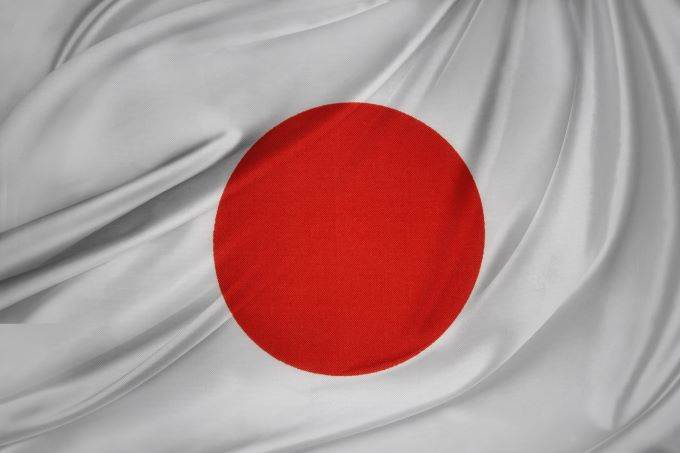 The Bank of Japan decided to hold the interest rates steady, as the economic outlook improved, leaving the short-term cash rate at -0.1 percent and leaving the long-term 10-year JGB yield at zero percent.
The Bank of Japan decided to hold the interest rates steady, as the economic outlook improved, leaving the short-term cash rate at -0.1 percent and leaving the long-term 10-year JGB yield at zero percent.
Recently, the Japanese government decided to implement a ¥13 trillion (US$122 billion) fiscal stimulus package in order to aid economic growth, a move that was heavily criticized given the Japanese debt levels, but that made sense after the government's decision to implement a consumer tax hike.
Besides this, the announcement of phase 1 of the trade deal between the United States and China, together with improving performance in the world's manufacturing sector and the fact that Britain elected a clearly pro-Brexit government enhanced the economic outlook.
"With regard to the outlook, Japan's economy is likely to continue on a moderate expanding trend, as the impact of the slowdown in overseas economies on domestic demand is expected to be limited," said the Bank on its monetary policy statement,
Economists have said in the past that Abe's stimulus package was going to aid the bank of japan in its mission, especially because it makes further easing unnecessary in the meantime. To understand this position, we must remember that the Bank of Japan has acquired a huge quantity of financial assets in order to aid economic growth, a move that was putting a lot of pressure in the Japanese banking sector.
Despite the optimistic tone, the Bank revised down its output forecast, explaining that is being compromised mainly due to natural disasters.
"Industrial production is falling due mainly to natural disasters," explained the bank.
The bank also announced that it intends to continue with quantitative and qualitative easing in order to achieve its inflation target, which is currently at 2 percent.
The Japanese government expects the Gross Domestic Product to expand by 1.4 percent in the next fiscal year, revising up its forecast from their last 1.2 percent prediction. It also left its forecast for this year unchanged at 0.9 percent. The government claimed that domestic demand improved, as they expect an increase of 2.7 percent in capital spending while public demand is expected to grow by 0.5 percent.
As per inflation levels, the government expects it to be way behind the Bank of Japan's target level, at 0.6 this year as well as 0.8 percent the next year. They also foresee a 0.6 increase in private consumption for this year.
By 9:04 GMT the US dollar went up by 0.05 percent against the Japanese yen, at 109.59. The Euro gained 0.21 percent against the Japanese Yen, at 121.96 while the pound sterling climbed 0.25 percent against the Japanese Yen, at 143.58.
